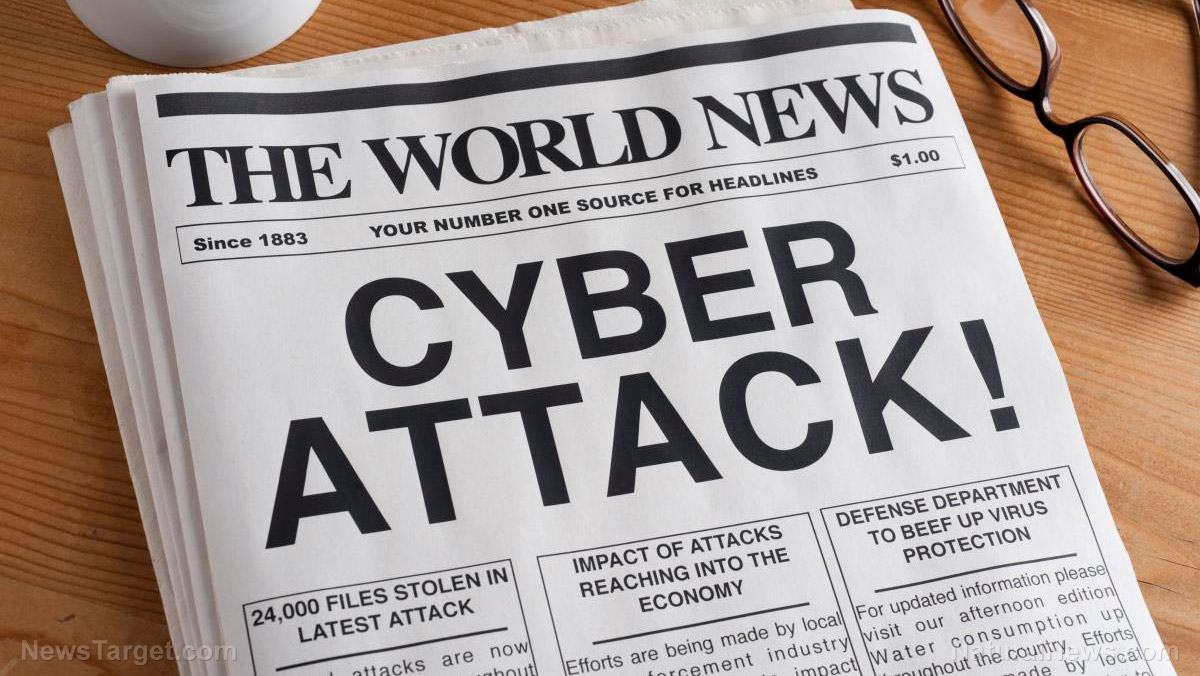 Parler
Parler Gab
Gab
- A November 2023 cyberattack on Long Beach city systems compromised highly sensitive data of 600,000+ residents, including SSNs, biometrics (fingerprints, facial scans), financial/medical records and passport/driver’s license details. The breach wasn't disclosed until April 2025.
- Unlike passwords, biometric data cannot be reset, leaving victims permanently vulnerable. No confirmed misuse has been reported, but the 17-month delay in disclosure hindered early protection efforts (e.g., credit freezes).
- Long Beach disabled parts of its digital infrastructure, allocated $1M for cybersecurity upgrades and offered free credit monitoring. Officials warned against sharing personal info with call centers but admitted security shortcomings.
- Experts and activists criticized the delay in notification and systemic flaws in government data protection, arguing that centralized systems increase risks of irreversible identity theft.
- The breach reignited debates over national digital ID programs, with critics warning that centralized databases create high-value targets for hackers and enable surveillance. The incident serves as a cautionary tale against over-reliance on vulnerable digital identity systems.
Long Beach cyberattack reignites concerns for national digital ID programs
The cyberattack has reignited debates over government and corporate surveillance, as well as proposals for national digital ID programs. "This breach underscores the inherent risks of digital ID systems. By consolidating sensitive personal information in centralized databases, these systems create valuable targets that, once penetrated, can leave individuals permanently exposed. As governments continue to push digital ID frameworks, the Long Beach case serves as a cautionary tale about the consequences of relying on vulnerable, centralized systems for identity verification and public services," Ken Macon wrote for Reclaim the Net. Privacy advocates highlighted the systematic flaws in how governments safeguard digital identity systems, raising urgent concerns about the risks of centralized digital identity systems and government handling of sensitive information. Visit Glitch.news to read more stories about cyberattacks in the United States. Watch the video below to learn more about phishing emails. This video is from the SecPoint channel on Brighteon.com.More related stories:
Caesars Entertainment pays ransom following cyberattack on casino.
Apple warns of cyberattack targeting 1.46 BILLION Apple devices.
Food giant Dole temporarily halts U.S. production following ransomware cyberattack.
Israel declares state of emergency following CYBERATTACK on government websites.
Chinese AI startup DeepSeek faces cyberattack amid U.S. tech stock turmoil.
Sources include: Reclaimthenet.org MSN.com Longbeachlocalnews.com Brighteon.comPublic trust in ChatGPT legal advice outweighs lawyers’ in study, raising calls for AI literacy
By Willow Tohi // Share
The fight for free speech: Substack stands firm against censorship pressure
By Willow Tohi // Share
Brave’s Cookiecrumbler offers a smarter, more private solution to annoying cookie banners
By Willow Tohi // Share
How digital illusions erode mental health and self-worth in the age of artificial acceptance
By Lance D Johnson // Share
Avoiding insurance scams: Tips every prepper and consumer needs to know
By Zoey Sky // Share
Governments continue to obscure COVID-19 vaccine data amid rising concerns over excess deaths
By patricklewis // Share
Tech giant Microsoft backs EXTINCTION with its support of carbon capture programs
By ramontomeydw // Share
Germany to resume arms exports to Israel despite repeated ceasefire violations
By isabelle // Share










